Putting the brakes on fast fashion
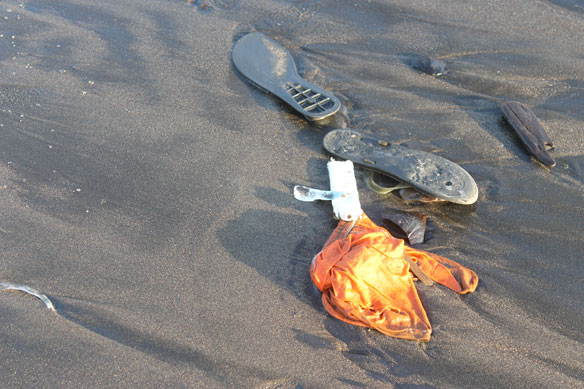
The fashion industry produces 20 per cent of global wastewater and 10 per cent of global carbon emissions – more than all international flights and maritime shipping. Textile dyeing is the second largest polluter of water globally and it takes around 2,000 gallons of water to make a typical pair of jeans.
The Caribbean island of Mayreau could be split in two due to erosion
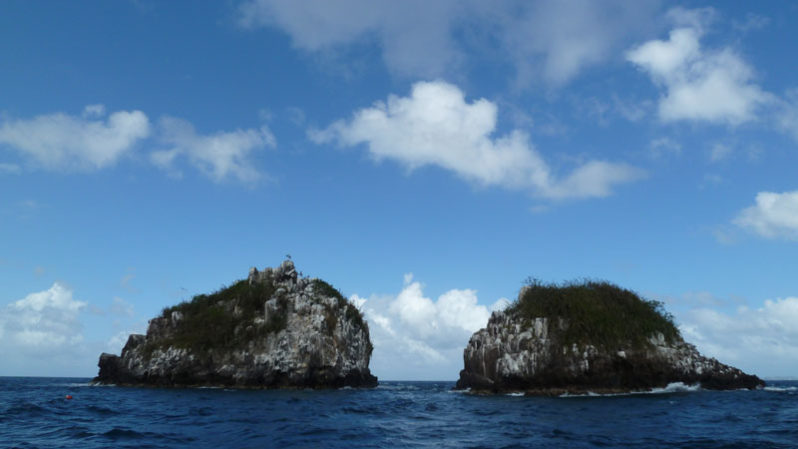
After years of erosion by the waves, people living on Mayreau, an island in the southern Grenadines, are confronted with the real possibility that the sea will split their island in two, and destroy its world famous Salt Whistle Bay.
Marine Protected Areas overlook a large fraction of biodiversity hotspots
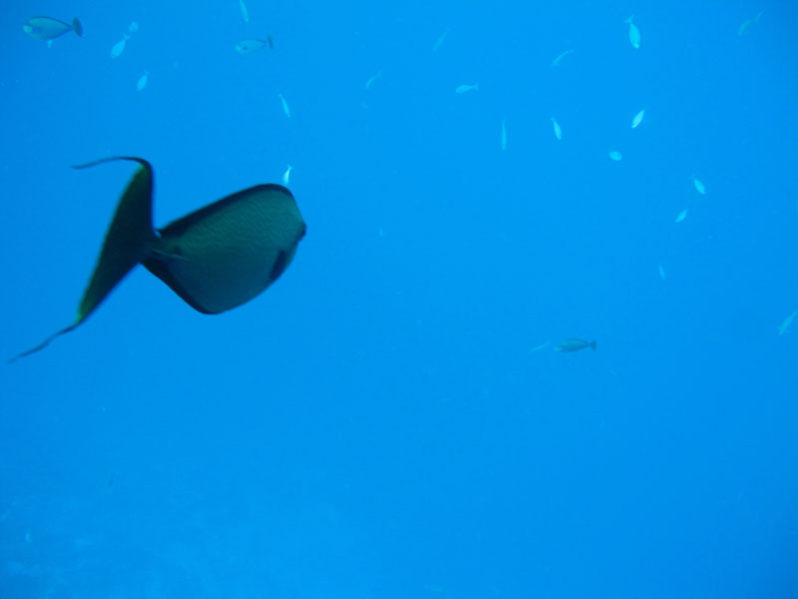
Around 75 percent of marine biodiversity in Finnish waters is left unprotected, reveals a performance assessment of the country’s current Marine Protected Area network. Increasing protection by just 1 percent in the most biodiverse areas could double conservation of the most important species.
Study tracks severe bleaching events on a Pacific coral reef over past century
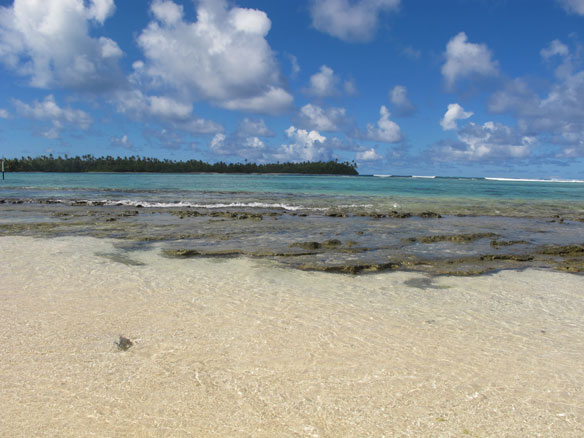
A new study has uncovered the history of bleaching on a reef in the epicenter of El Nino, revealing how some corals have been able to return after facing extreme conditions.
Cruise ship to provide ‘$2.1m undertaking’ after Great Barrier Reef spill
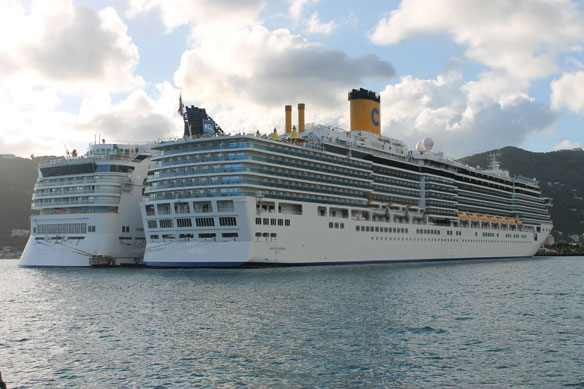
Carnival Australia has been compelled to provide a “$2.1m undertaking” after spilling 28,000 litres of liquid food waste into the Great Barrier Reef’s protected waters.
We made plastic. We depend on it. Now we’re drowning in it.
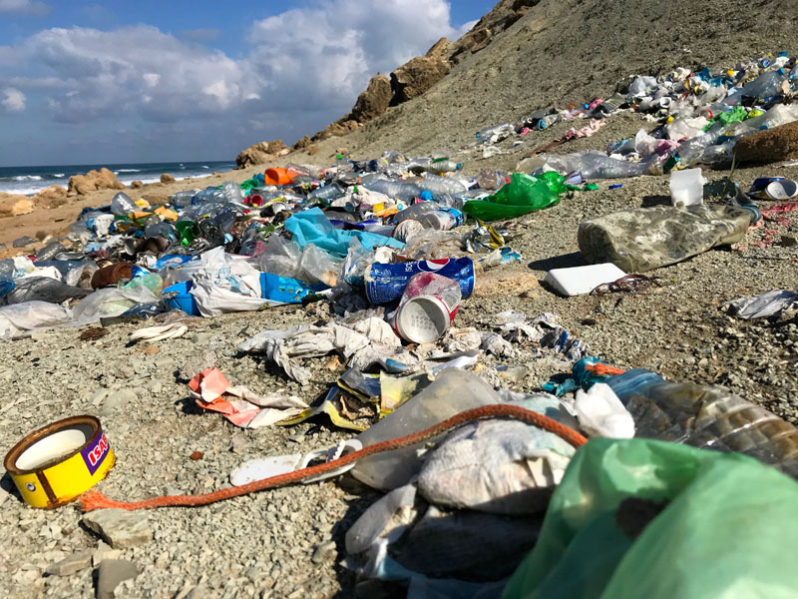
No one knows how much unrecycled plastic waste ends up in the ocean, Earth’s last sink.
Decline in shorebirds linked to climate change, experts warn
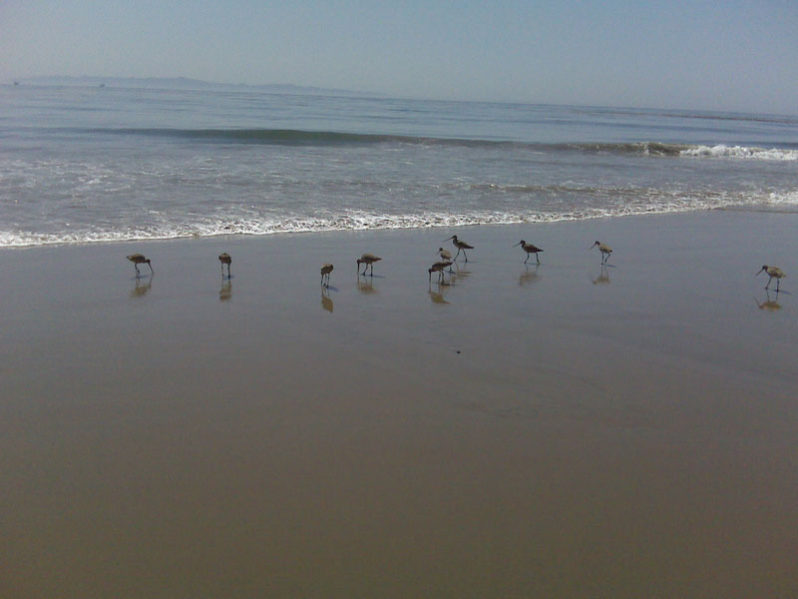
Climate change could be responsible for a substantial decline in populations of shorebirds, say researchers from the Milner Centre for Evolution at the University of Bath, following a study published in Science analysing population data over a period of 70 years.
Modern slavery promotes overfishing
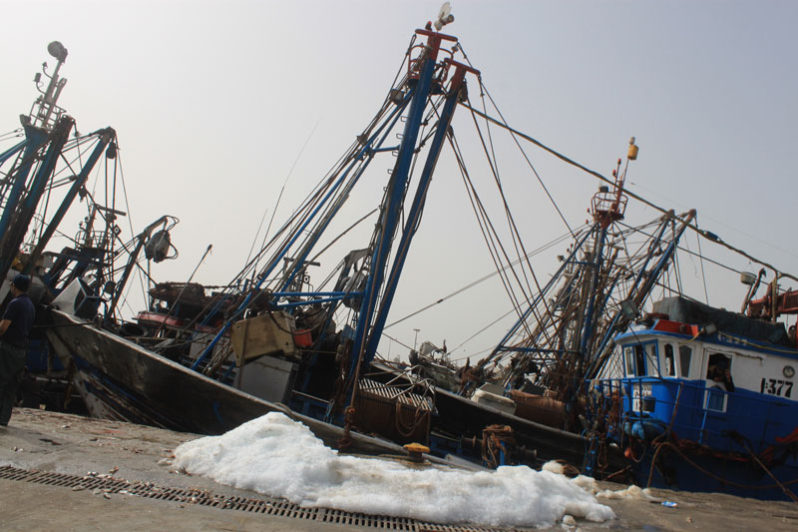
Labour abuses, including modern slavery, are ‘hidden subsidies’ that allow distant-water fishing fleets to remain profitable and promote overfishing, new research from the University of Western Australia and the Sea Around Us initiative at the University of British Columbia has found.
Coastal property was once king. Fears of climate change are undermining its value
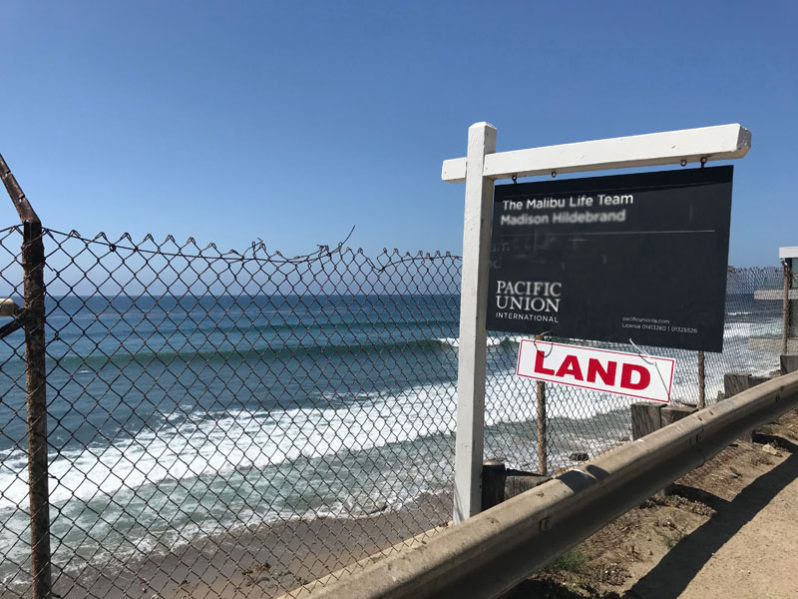
In a growing number of coastal communities, homes near the sea are appreciating more slowly than those inland. That’s bad news for people on the beach, good news for those farther away.
